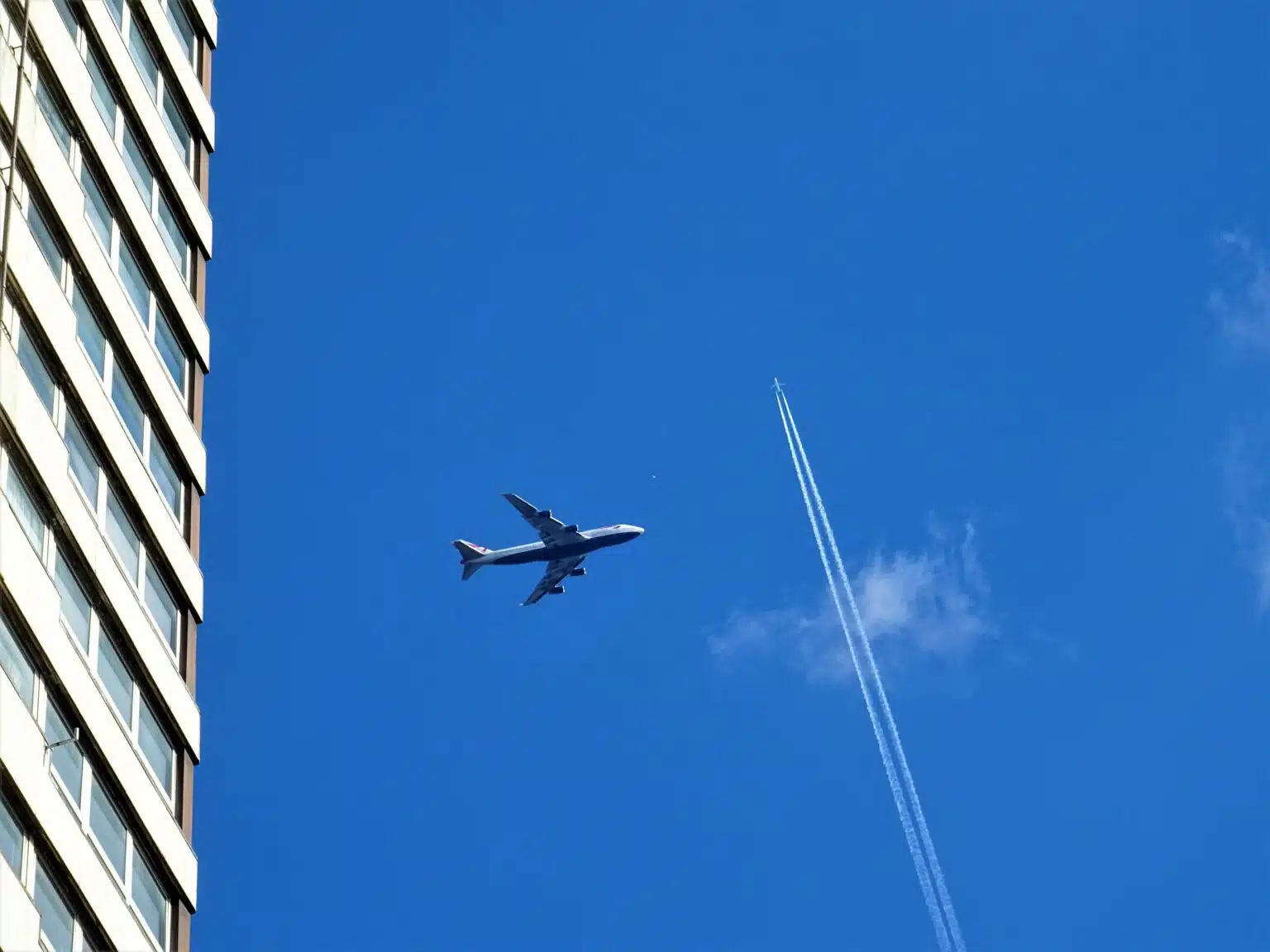The international community has agreed upon a long-term plan to reduce carbon emissions from aviation.

Net Zero plan, At a summit in Montreal, the International Civil Aviation Organisation (ICAO) expressed support for a 2050 “aspirational” net-zero aviation target, idea, viewed by many as a compromise, was endorsed by the 193 ICAO member states.
However, environmental groups say that the agreement is weak and not legally binding, When the world met in Paris in 2015 to agree on a long-term plan to combat climate change, the aviation and shipping industries were absent.
The airline industry contributes approximately 2.5% of global carbon emissions, but scientists believe it has a significantly greater influence on climate change, This is due to the several affects of flight, such as the altitudes at which planes fly and the effects of contrails – the water-vapour trails produced by engines.
John Kerry, the special presidential envoy for climate change, applauded the agreement, In a tweet, he stated, “Delighted to see international aviation commit at the 41st Assembly of the International Civil Aviation Organization to a sustainable future with a long-term climate target… to assist put aviation on the path to net zero by 2050.
Although it is not a global regulator of the airline industry, ICAO is the United Nations entity that encourages air transport cooperation among member governments. It cannot enforce restrictions on nations, but national governments often adhere to ICAO meeting decisions, For several years, the air transport sector has been under increasing pressure from customers and scientists to decarbonize air travel, with minimal results.
Despite China and Russia’s objections, at the ICAO triennial session in Montreal, member states finally agreed to accept a net zero goal for 2050, The United Kingdom was one of the first nations to incorporate aviation emissions in their 2021 climate ambitions and was instrumental in launching the International Aviation Climate Ambition Coalition at COP26.
Aviation Organisation agreed on net zero plan
In Montreal, they were among 56 countries advocating for an ambitious agreement, “This week, members of the International Civil Aviation Organisation agreed to a collective goal of net zero international aviation by 2050,” said Anne-Marie Trevelyan, secretary of transport. “This is a historic moment, not only for the future of flying, but for the broader international commitment to achieve net zero.”
It marks years of work by the United Kingdom and its partners to lead the world toward a clean future for everyone, Nonetheless, environmentalists have significant misgivings regarding the agreed-upon resolutions.
“You should not be deceived by the outcomes of this meeting. This will not fix the aviation problem “Jo Dardenne of the advocacy group Transport & Environment stated.
“The only way to remedy the problem is to cease burning kerosene. By increasing the price of kerosene and investing in alternative alternatives, you can stop kerosene from being burned.”
At the summit, governments also agreed to modify a mechanism that would offset a significant portion of future aviation emissions using carbon credits, To offset carbon emissions from activities such as flying, companies or individuals purchase carbon credits from schemes such as forestry plantations.
ICAO has officially approved that airlines would employ the International Carbon Offsetting and Reduction Scheme (CORSIA), Under the programme, airlines would agree on a baseline year, and all future emissions beyond that level would be required to be offset.
Initially, they intended to use an average of flying emissions in 2019 and 2020, but the Covid epidemic caused an abrupt reduction in air travel, While activists were ecstatic about the possibility of a low baseline that would have required aeroplanes to offset a substantial amount of their emissions, the industry resisted.
Following negotiations in Montreal, the threshold has been set at 85% of 2019 carbon emissions, allowing for a higher level of carbon dioxide pollution before airlines are required to acquire carbon offsets.
In a prior estimate, activists determined that CORSIA would only increase the price of a long-haul trip by €2.40 in 2030 to offset passenger emissions, They now claim that the Montreal agreement will only cover 22 percent of future emissions by 2030.
In addition to offsetting, supporters of the deal anticipate that airlines will now accelerate the development of cleaner jet fuels and other technological advancements to decarbonize flying.”A goal is preferable to nothing, but it is now up to the member states to adopt the appropriate legislation,” stated Jo Dardenne, Once this aim is in place, even though it is non-binding, member states are politically compelled to have ambitious climate strategies.













